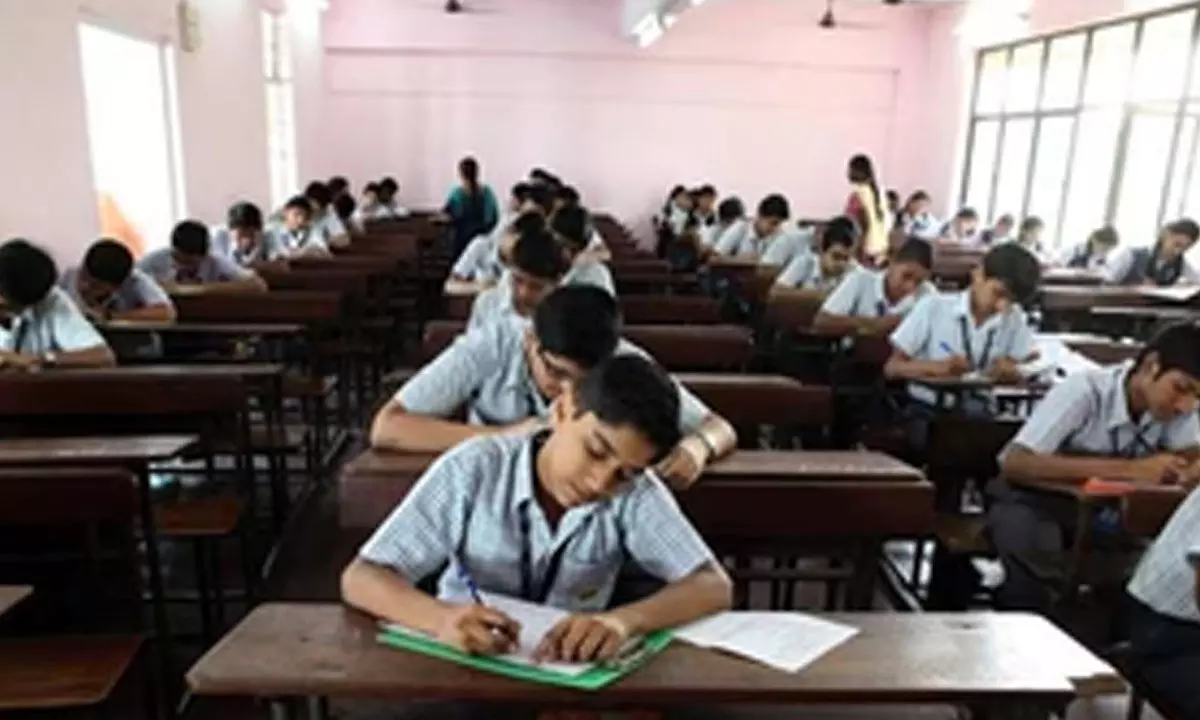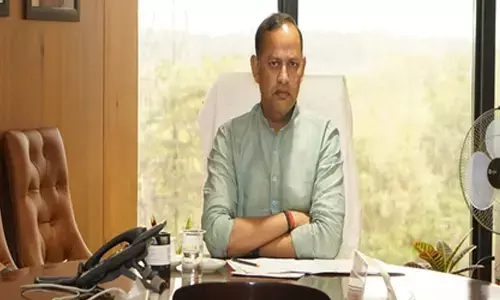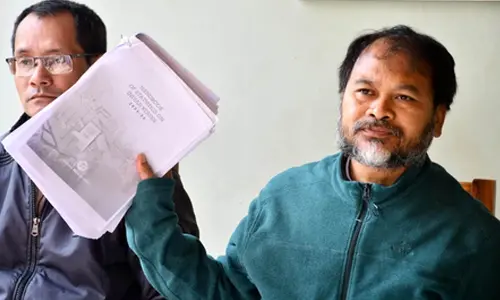224 million children worldwide urgently need quality education: ECW
Share :

Education is the bedrock of peace, the foundation of strong societies, and the building block for a better world.
New Delhi: Education is the bedrock of peace, the foundation of strong societies, and the building block for a better world.
This year, as the world celebrates the Sixth International Day of Education under the theme of 'Learning for a lasting peace', Education Cannot Wait (ECW), the global fund for education in emergencies and protracted crises, calls on world leaders to end wars and armed conflicts and focus on common humanity to embrace the vast potential learning offers in uniting the world.
The world is being torn apart by injustice, oppression, racism, xenophobia, fear, greed and violent conflict. School-aged children bear the brunt. No child in Gaza -- over 600,000 girls and boys -- has access to education.
In Afghanistan, 80 per cent of school-aged Afghan girls and women -- 2.5 million girls and women -- are out of school and are systematically denied their human right to an education due to their gender.
In Ukraine, 3,00,000 children are at risk of learning losses over this school year. In Sudan, 19 million children are out of school today amidst the ongoing brutal conflict. In Ethiopia, 7.6 million children are not in the classroom due to compounding challenges -- including armed conflicts, the impact of climate change and forced displacement.
Around the world, over 224 million crisis-affected children are denied education, often occupied with seeking protection and survival, girls are being forced into child marriage, and both boys and girls are being forcibly recruited as child soldiers.
The safety, protection and hope of the school and their teachers is long gone.
A total of 224 million children impacted by the compounding impacts of armed conflicts, climate change and forced displacement are in dire, urgent need of quality education.
The world made a promise to future generations to ensure education for all through Sustainable Development Goal 4. UN member states made a legal commitment to the right to an education in binding human rights conventions.
This promise and legal commitment must be realized in order to end extreme poverty, aid-dependency, and the vicious circle of violations of children’s rights and dignity.
"No peace which is not peace for all," as the late UN Secretary-General Dag Hammarskjold said.
As global fund for education in emergencies and protracted crises within the UN, the ECW has a proven, innovative model of bringing together governments, UN agencies, civil society, private sector and, above all, local communities, to rapidly deliver quality education for the world’s most vulnerable girls and boys.
Working across the humanitarian-development-peace nexus, joint programming allows for a holistic education approach to achieve an inclusive, continued quality education in emergencies and protracted crises.
Together with all its partners, the ECW has reached over nine million crisis-affected girls and boys with a quality education in just a few years.
Whether the ECW jointly delivers a First Emergency Response or a Multi-Year Resilience Investment, it is together investing in transformative pathways towards sustainable development. This means that refugee and forcibly displaced girls and boys like Mariam in Burkina Faso and Leonardo in Colombia now access a child-centred and holistic education.
This includes early childhood education, accelerated learning, mental health and psychosocial support, school feeding, school supplies and equipment, gender-sensitive water and sanitation facilities, cash-transfers to incentivise school attendance, vocational training to enter the workforce, risk management to stay safe, and trained teachers that foster young talents and nurture the ideals of compassion, community and the common good.
To deliver on our promises outlined in the Sustainable Development Goals, legal commitments in the UN Covenant on Social, Economic and Cultural Rights, the UN Convention on the Rights of the Child and other international accords, the ECW urgently needs more financial resources to deliver the hope and opportunity of an education for girls and boys living on the frontlines of these conflicts and crises.
The ECW calls on its strategic donors, philanthropic foundations and the private sector to reach our target of $1.5 billion so that it and its partners worldwide can reach 20 million crisis-affected girls and boys with quality education by 2026.













